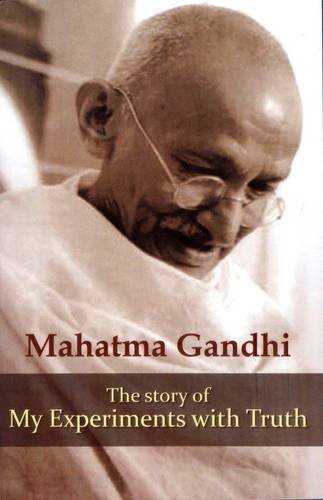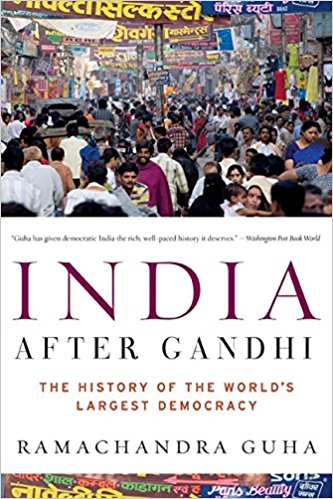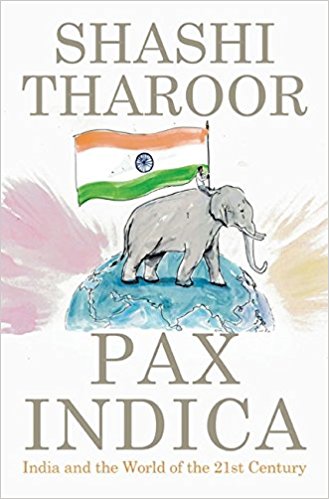#UPSCSimplified: 5 Tips on How to Tackle the Exam by IAS Topper Abhisekh Surana
Revision is the most important phase, which is most overlooked in the preparation process. Spend ample time going over all that you have covered in the course of your preparation.

With over 10 lakh applicants each year, and only 1000 selections – the UPSC exams can seem like an insurmountable hurdle. But it can be crossed! In ‘UPSC Simplified’, The Better India catches up with toppers to uncover the do’s and don’t for India’s toughest exam. Follow the series for all the tips you need!
One query that ranks high on all online search engines is how to crack the UPSC examinations. While there is no sure shot way to do that, we attempt to decode and understand from toppers, what it takes to clear them.
Abhisekh Surana, the 10th rank holder from the UPSC 2017 batch, speaks to The Better India and shares some tips on how to prepare and tackle the papers.
If there were three books that all UPSC aspirants must read, Abhisekh says they would be:
1. My Experiments With Truth – Mahatma Gandhi

This book is a must-read for acing the Ethics paper. It gives a good framework to discriminate between right and wrong and provides perspectives to resolve ethical dilemmas.
2. India After Gandhi – Ramchandra Guha

This book provides a comprehensive look into India’s post-independent history, the evolution of democracy in India, the key events on India’s timelines and the causality of the same.
3. Pax Indica – Shashi Tharoor

A primer on India’s foreign policy, the book is an engaging account of the evolution of India’s diplomacy – from Independence and Non-Alignment to the current challenges.
Five tips that Abhisekh urges you to keep in mind before attempting the paper:
1. Revise, revise, and revise some more
Revision is the most important phase, which is most overlooked in the preparation process. Spend ample time going over all that you have covered in the course of your preparation. You could also allocate time each week for this.
2. Consolidate your learning
In your time preparing for the examination, you will be studying and reading a lot of new things. It is important that you consolidate important points each time you read or learn something new. This process will help you later when you want to revise and will also give you a clear understanding of the subject.
3. Choose your optional subject wisely
Whether you like it or not, selection of the optional subject will determine your chances of success. Those who have managed to clear the examination will always tell you to pay attention to this paper. It will most certainly provide you with the much-needed boost.
4. Don’t spread yourself too thin
If you go by everything you see others reading and follow suit, you will find yourself unable to grasp anything completely. Try not to read every book that is suggested by a mentor or a teacher. Look at all suggested reading lists and pick from what makes the most sense to you.
5. Don’t focus too much on a few subjects.
One common mistake many aspirants make is to invest a disproportionate amount of time on a few subjects and end up with very little time for others. Even if you think you are weak in a particular subject, do not allocate too much time to it. Devote your time as per the weightage of the exam, to give yourself the best chance in all the areas.
Three things to remember just before you start attempting the paper:
1. Try not to get carried away by the few tough questions that you may not know or remember the answers to. Attempt the section you feel most comfortable with first, and once done with this, you will feel more confident about the other sections and questions.
2. Always keep an eye on the time you have on hand. Do not allocate a disproportionate amount of time to a question that carries fewer marks. Stick to the time limit that you have decided to each question and keep a counter after every hour.
3. Most importantly, remember not to panic. This is just another exam.
With these pointers, we wish you all the best for the examinations!
(Edited by Shruti Singhal)
You May Also Like: #UPSCSimplified: IAS Topper Surabhi Gautam Shares Tips On How To Crack The Exam
Like this story? Or have something to share?
Write to us: [email protected]
Connect with us on Facebook and Twitter.
If you found our stories insightful, informative, or even just enjoyable, we invite you to consider making a voluntary payment to support the work we do at The Better India. Your contribution helps us continue producing quality content that educates, inspires, and drives positive change.
Choose one of the payment options below for your contribution-
By paying for the stories you value, you directly contribute to sustaining our efforts focused on making a difference in the world. Together, let’s ensure that impactful stories continue to be told and shared, enriching lives and communities alike.
Thank you for your support. Here are some frequently asked questions you might find helpful to know why you are contributing?


This story made me
-
97
-
121
-
89
-
167











